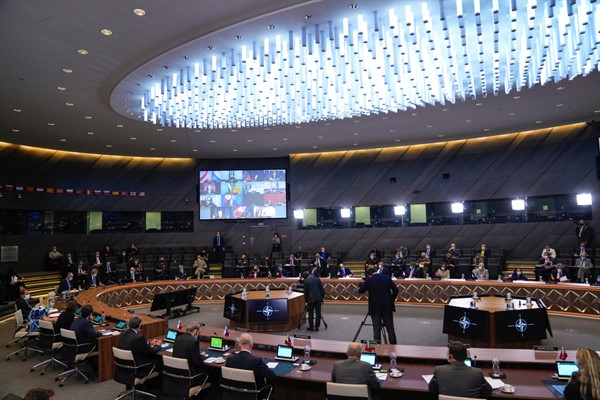Editor’s Note: This is the web version of our subscriber-only weekly newsletter, Europe Decoder, which includes a look at the week’s top stories and best reads from and about Europe. Subscribe to receive it by email every Thursday. If you’re already a subscriber, adjust your newsletter settings to receive it directly to your email inbox.
Europe’s inability to prevent or alleviate the chaos of the departure—or even to have some influence over the withdrawal timeline and logistics—despite European NATO members’ 20-year involvement in Afghanistan has been felt as a deep humiliation here. In an interview Tuesday, European Council President Charles Michel offered some scathing criticism of the U.S., noting that Washington’s NATO allies showed solidarity by invoking the alliance’s Article 5 mutual defense clause after 9/11, while the U.S. made “very few if any consultations with their European partners” on withdrawal from Afghanistan. But Michel was no less scathing in his criticism of Europe’s dependence on the United States. Europe’s humiliation in Afghanistan, he added, “must prompt us Europeans to look in the mirror and ask ourselves: ‘How can we have more influence in the geopolitical sphere in the future than we do today?’”
The criticism of NATO is also coming from some of the most unlikely sources, including among conservative politicians in Germany and Britain who have historically been among the most ardent defenders of the trans-Atlantic alliance. Armin Laschet, the center-right candidate to replace German Chancellor Angela Merkel in this month’s elections, called the withdrawal “the biggest debacle that NATO has suffered since its founding.” Former British Prime Minister Theresa May asked the British parliament, “What does it say about NATO if we are entirely dependent on a unilateral decision taken by the United States?” May added that there needs to be an “alternative alliance” to NATO, consisting of European countries that can act as necessary when the U.S. refuses to.

